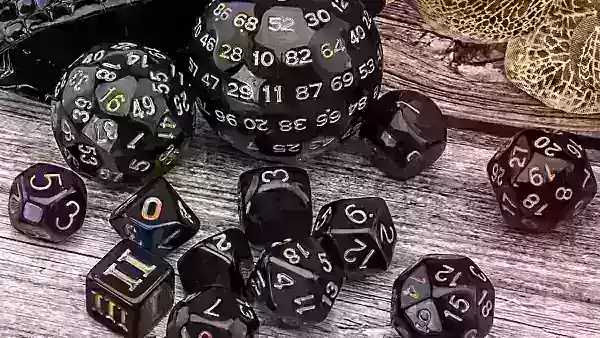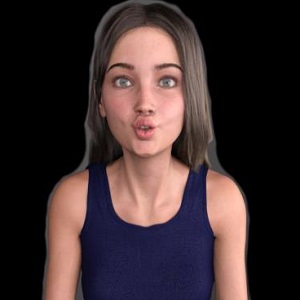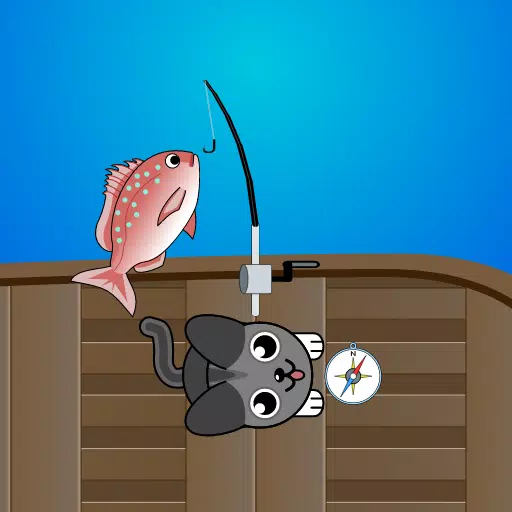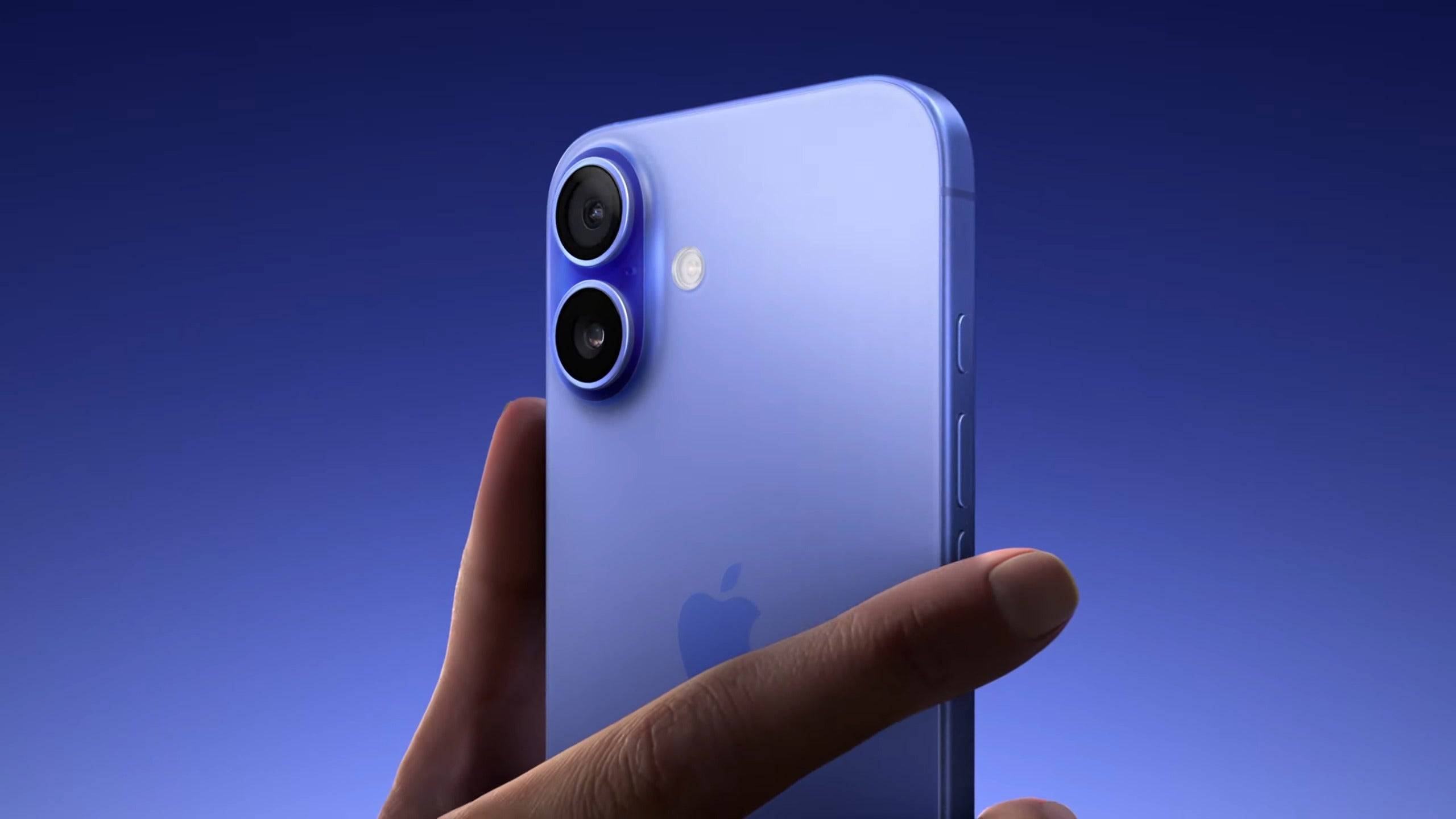Activision Explores AI for New Major Game Development
Activision has recently captured the gaming community's attention by launching advertisements for new projects based on its beloved franchises, including Guitar Hero, Crash Bandicoot, and Call of Duty. However, the buzz surrounding these announcements wasn't about the games themselves, but rather the use of neural networks to create the promotional materials.
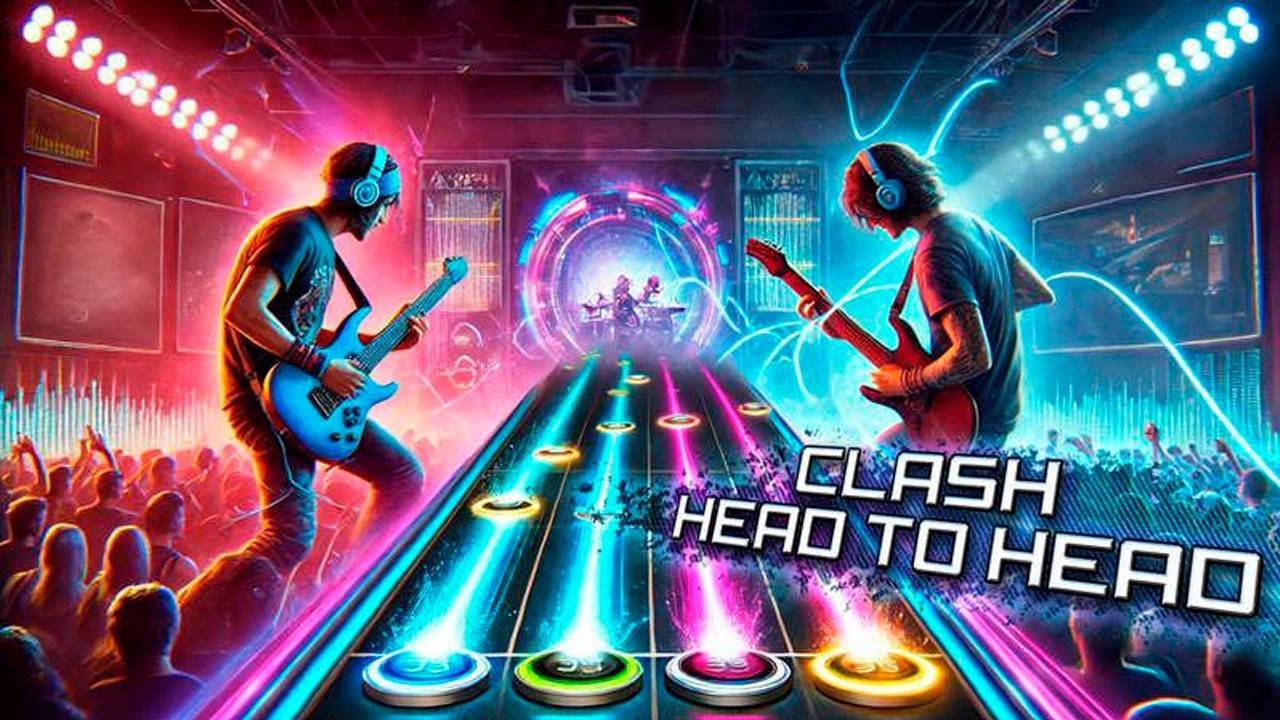 Image: apple.com
Image: apple.com
The first advertisement surfaced on one of Activision’s social media platforms, promoting Guitar Hero Mobile and directing users to a pre-order page on the App Store. The peculiar, unnatural visuals in the ad quickly caught the eye of the community, triggering a flurry of discussions. Subsequent reports revealed that other mobile titles from the company, such as Crash Bandicoot Brawl and Call of Duty Mobile, also employed AI-generated artwork in their promotional campaigns. Initially, many suspected a hack of Activision's accounts, but it soon became clear that this was a deliberate and unconventional marketing strategy.
 Image: apple.com
Image: apple.com
The reaction from the gaming community was predominantly negative. Players expressed their frustration with Activision's choice to use generative AI over collaborating with professional artists and designers. Concerns were voiced about the potential for games to degrade into "AI garbage," with some drawing unfavorable comparisons to Electronic Arts, a company known for its contentious decisions within the gaming industry.
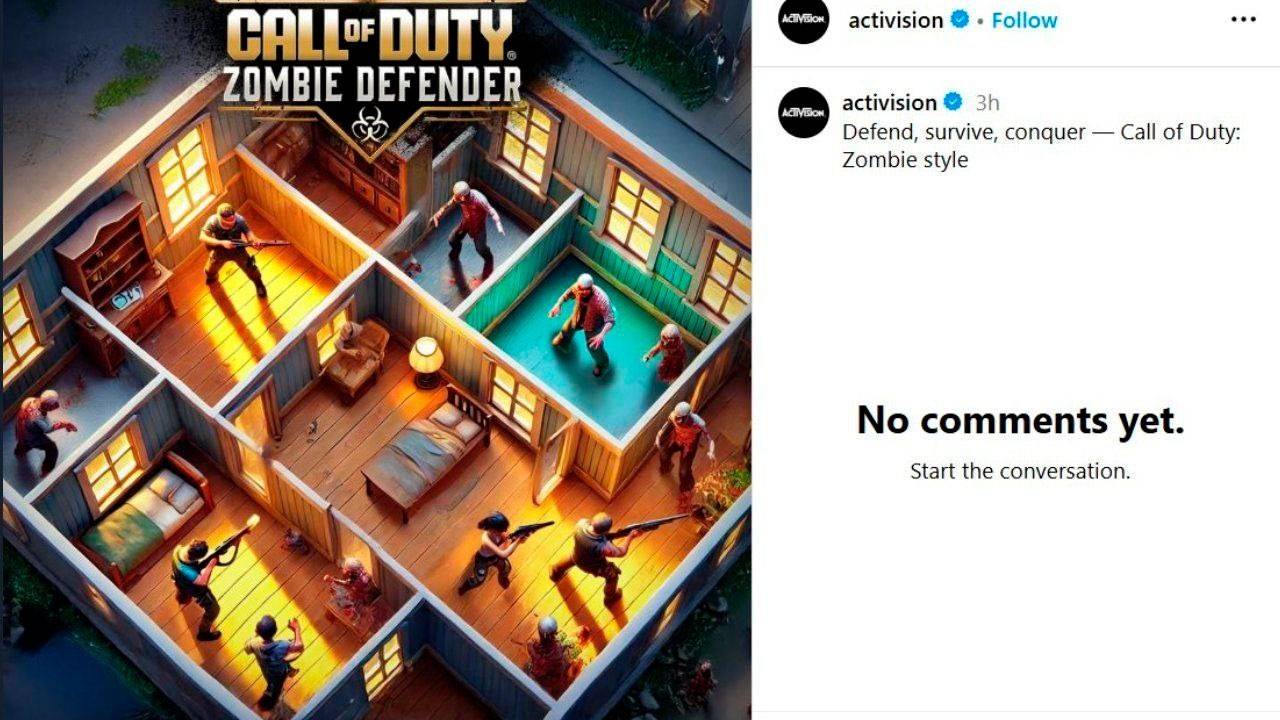 Image: apple.com
Image: apple.com
The utilization of AI in both development and marketing has emerged as a highly debated issue for Activision. The company has openly acknowledged the active role of neural networks in content creation for Call of Duty: Black Ops 6.
In response to the backlash, Activision removed some of the promotional posts. It remains uncertain whether the company intends to launch these games or if this was merely an experiment to gauge audience reactions with provocative content.
-
Dungeons & Dragons (D&D) is the iconic tabletop role-playing game that combines collaborative storytelling with strategic gameplay through dice mechanics. Fueled by mainstream hits like the "Honor Among Thieves" movie and Baldur's Gate 3's success, tAuthor : Dylan Feb 24,2026
-
Randy Pitchford has responded to the criticism surrounding his controversial "$80 for real fans" tweet about Borderlands 4 after someone transformed it using a Handsome Jack AI voice.The backlash began when Pitchford replied to a concerned fan worrieAuthor : Ethan Feb 23,2026
-
 Mask Evolution: 3D Run GameDownload
Mask Evolution: 3D Run GameDownload -
 Weekend Lollygagging modDownload
Weekend Lollygagging modDownload -
 Cartoons QuizDownload
Cartoons QuizDownload -
 Siêu hũ Thiên Thai CLUBDownload
Siêu hũ Thiên Thai CLUBDownload -
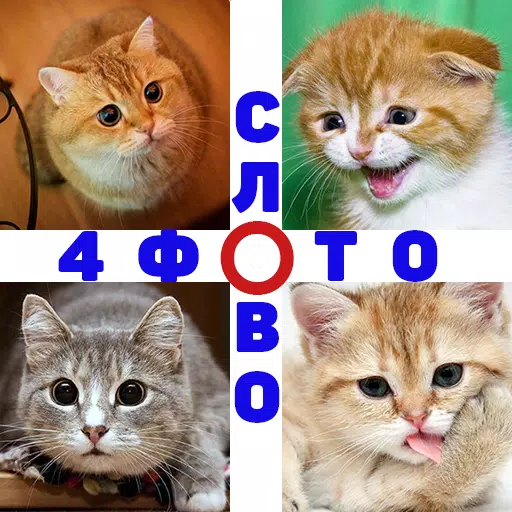 4 Фото 1 Слово. Где логика?Download
4 Фото 1 Слово. Где логика?Download -
 Words Crush: Hidden Words!Download
Words Crush: Hidden Words!Download -
 High Neck RunDownload
High Neck RunDownload -
 Game Tổng hợpDownload
Game Tổng hợpDownload -
 Journey to BlissDownload
Journey to BlissDownload -
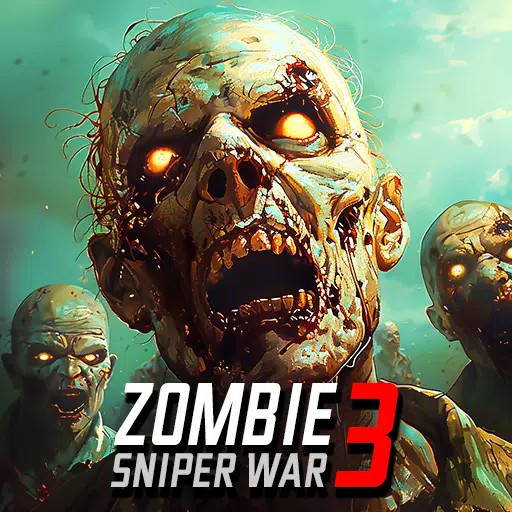 Zombie Sniper War 3Download
Zombie Sniper War 3Download
- Classic WoW vs. Turtle WoW: 6 Key Differences
- Mastering Two-Handed Weapons in Elden Ring: A Guide
- Roblox Simulator Codes: Unlock Exclusive Rewards!
- Wuthering Waves: Uncover the Secrets of Whisperwind Haven's Palette
- Ultimate Guide to Shinigami Progression in Hollow Era
- Top 25 Palworld Mods to Enhance Your Game

